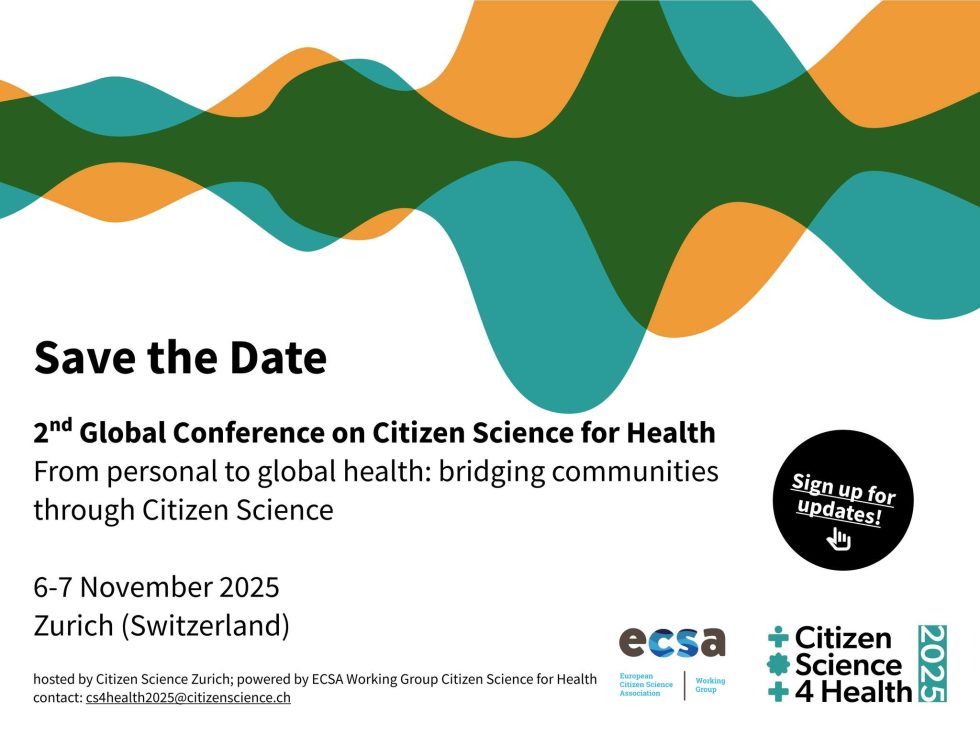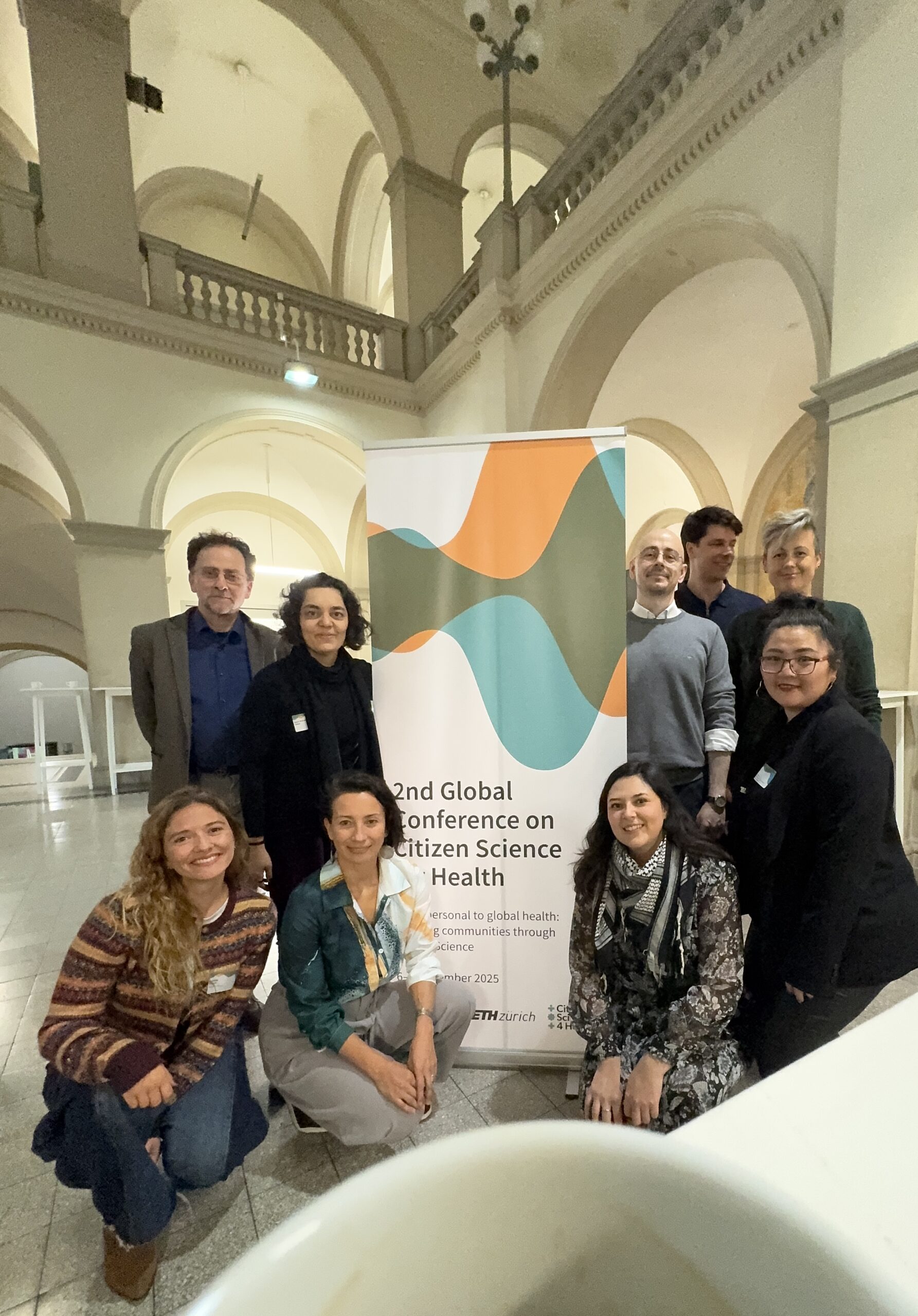
Among those attending were familiar faces from the IMPETUS programme, including:
- Reach Out Right, who are amplifying the voices of young citizen scientists to provide new perspectives on mental health help-seeking in the Netherlands;
- Obstetric Coevolution, a team co-developing obstetric practices to improve maternal experiences and mental health;
- and CoAct for Mental Health, previous winners of the European Prize for Citizen Science – Digital Communities Award – recognised for empowering people with mental health challenges to take part in research that directly affects their lives.
- Also present in the audience were several IMPETUS mentors, including Karen Soacha, Fermín Serrano Sanz, and Yaela Golumbic, as well as Agostina Bianchi from the Science For Change Team.



